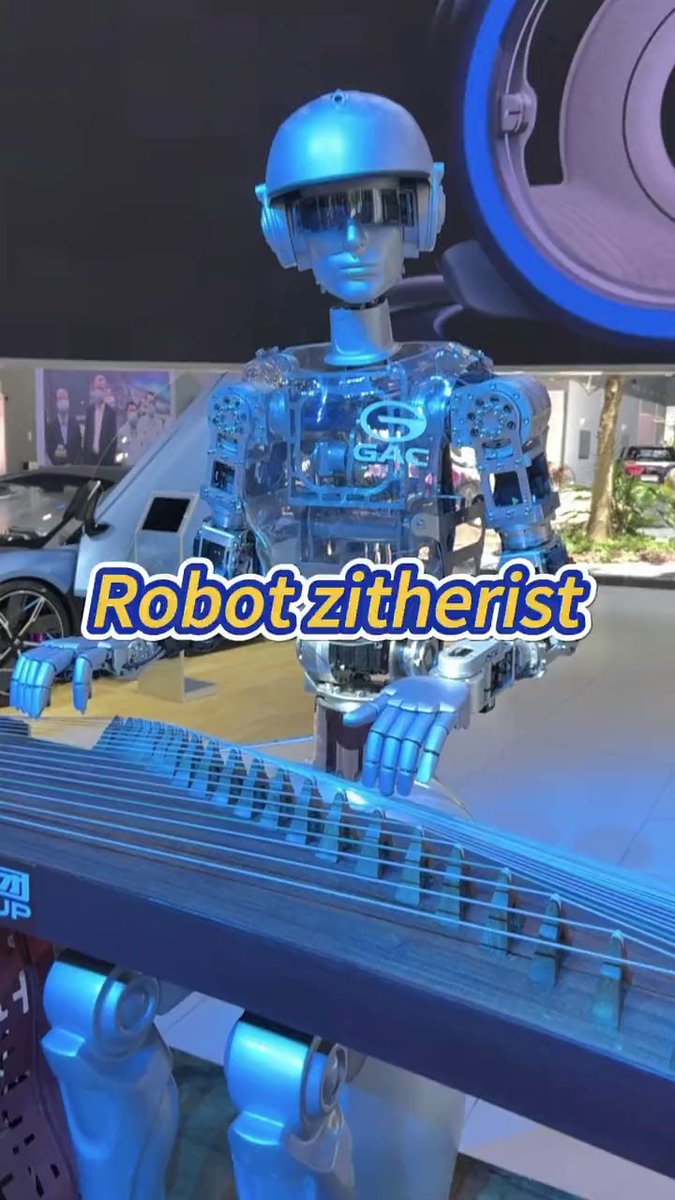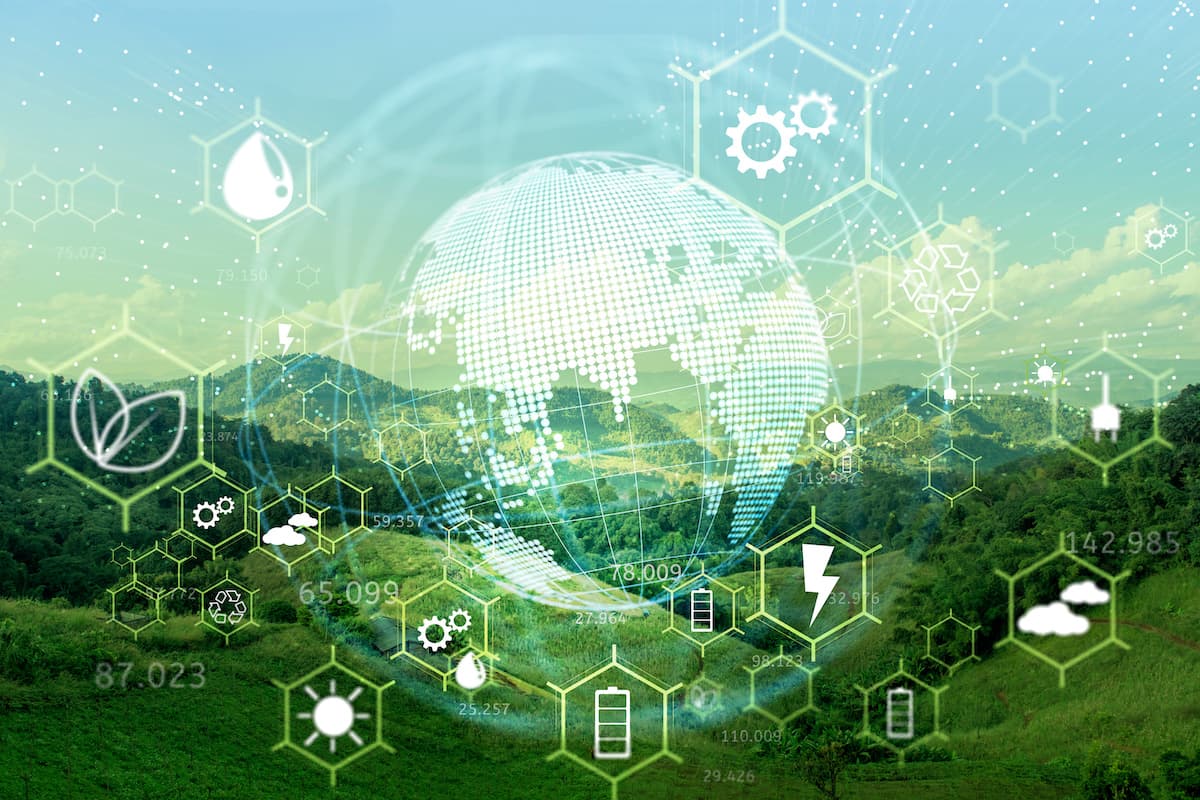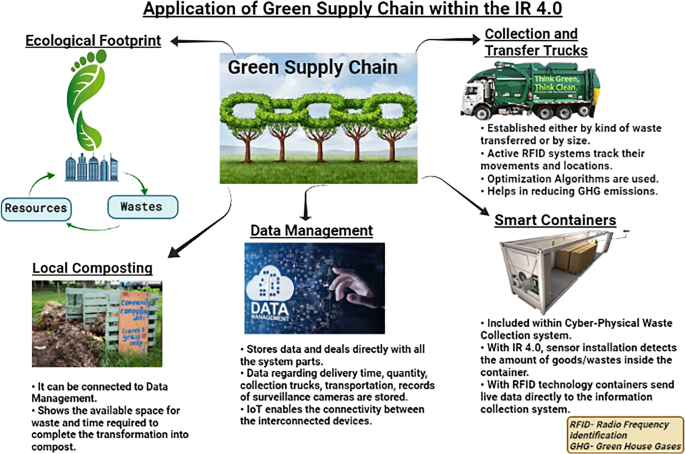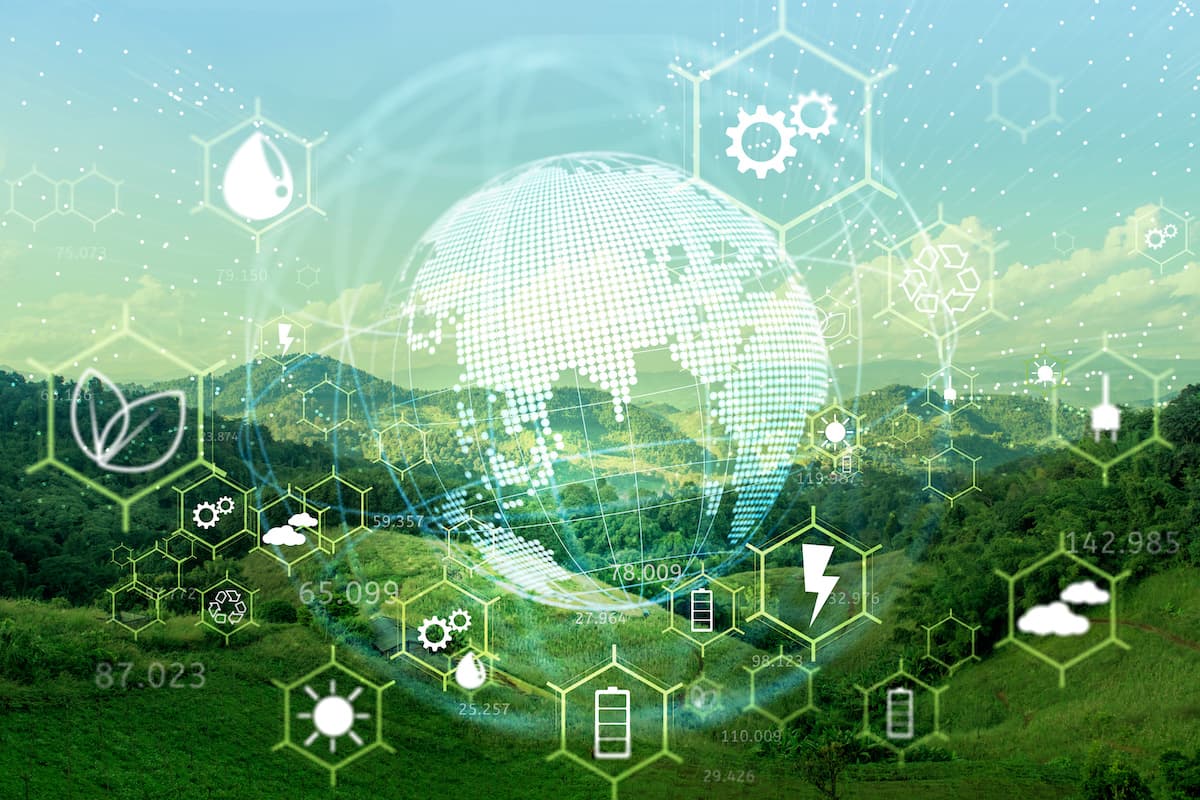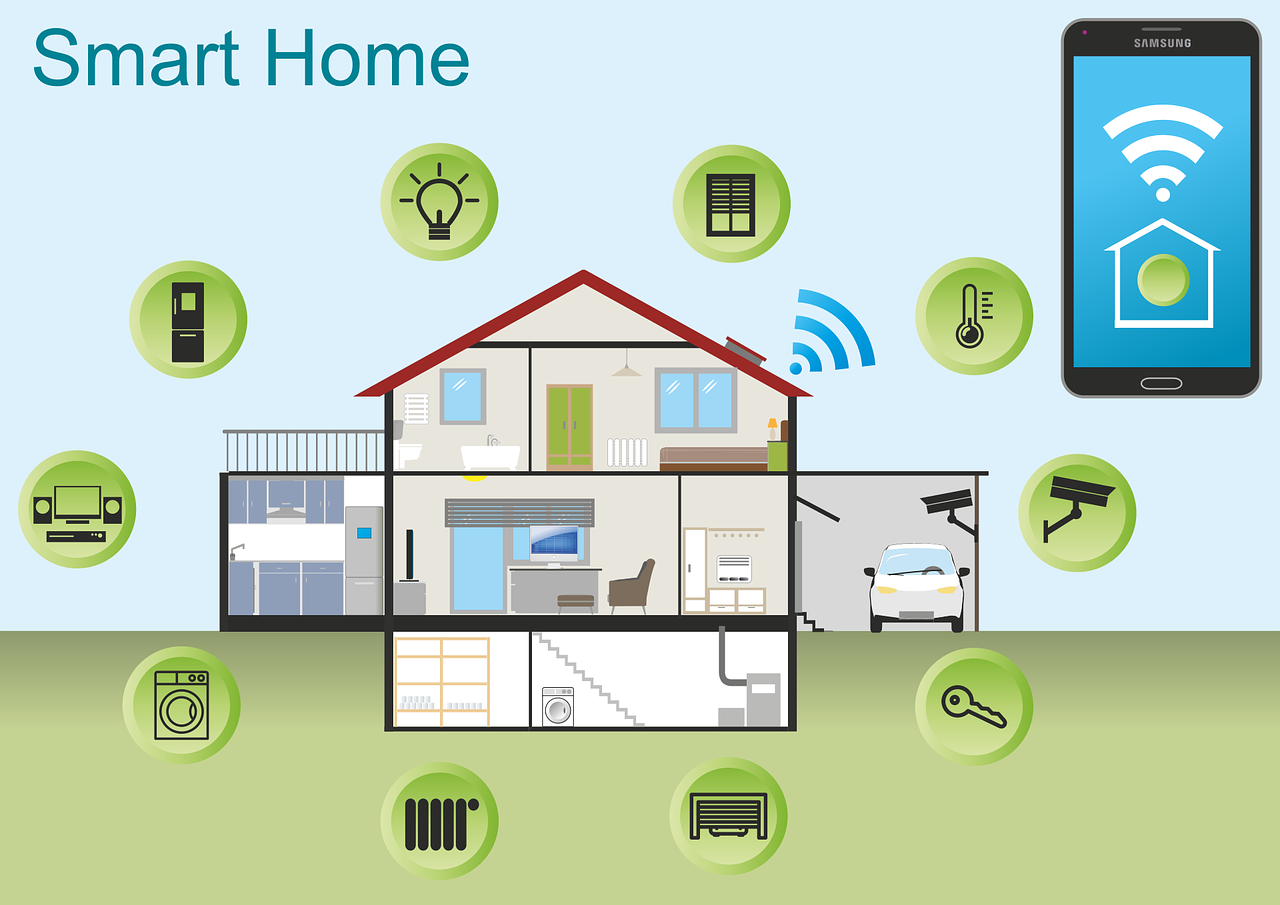Exploring the Robotics Revolution – A Look Into the Future of Technology
With advancements in technology evolving at an astonishing pace, there is one field that is capturing the imagination of researchers, engineers, and everyday individuals alike: robotics. The rise of robotics promises to revolutionize various industries, from manufacturing and healthcare to agriculture and transportation. In this blog post, we will delve into the incredible world of robotics and explore the future of this transformative technology.
1. Introduction to Robotics:
Before we delve into the future, let’s understand the basics of robotics. Robotics is a multidisciplinary field that combines computer science, engineering, and artificial intelligence (AI). It involves the design, development, and application of robots to perform tasks autonomously or with minimal human intervention.
2. Current Applications of Robotics:
Today, robotics is already making its mark across several industries. In manufacturing, robots are streamlining production lines, improving efficiency, and ensuring precision. In healthcare, robotic surgical systems are enhancing surgical procedures, allowing for minimally invasive techniques and increasing patient safety. Additionally, autonomous drones are revolutionizing industries such as agriculture, delivery services, and surveillance.
3. The Future of Robotics:
The future of robotics is bright, with endless possibilities and potential. Here are some key areas where robotics is expected to shape the future:
– Healthcare Revolution: Robots have the potential to revolutionize healthcare by enhancing diagnostics, providing personalized care, and assisting in surgeries. From robotic exoskeletons to assistive robots for the elderly, robots will play a vital role in ensuring better patient care and improving quality of life.
– Autonomous Vehicles: Self-driving cars are already in development, and once fully realized, they will transform the transportation industry. These vehicles have the potential to increase safety, optimize traffic flow, and reduce carbon emissions. In addition to cars, autonomous drones and delivery robots will redefine logistics and e-commerce.
– Smart Homes and Personal Assistants: Robotics will continue to integrate into our everyday lives through smart homes and personal assistants. Imagine having a robotic butler that assists with household chores, manages energy usage, and enhances security. These robots will bring convenience and efficiency to our daily routines.
– Industry Disruption: The integration of robotics and AI will disrupt industries as robots take over repetitive and laborious tasks. This will result in increased productivity, reduced costs, and improved safety across various sectors, from agriculture and construction to hospitality and retail.
4. Challenges and Concerns:
While the potential benefits of robotics are vast, there are also concerns to address. These include ethical dilemmas, such as robots replacing human jobs, data privacy and security risks, and the ethical use of AI. It is crucial to ensure that robotics technology is developed and deployed responsibly, with a focus on transparency, accountability, and inclusiveness.
5. Conclusion:
As we venture into the future, the robotics revolution will continue to shape technology and transform societies. From healthcare to transportation, robotics will improve our lives in unimaginable ways. However, it is essential to approach this revolution with a responsible and ethical mindset. By embracing the possibilities while addressing the challenges, we can harness the power of robotics for the betterment of humanity. The future is exciting, and we are on the cusp of a new era where robots will become an integral part of our daily lives. Stay tuned for more updates as we witness the incredible advancements in the field of robotics.







